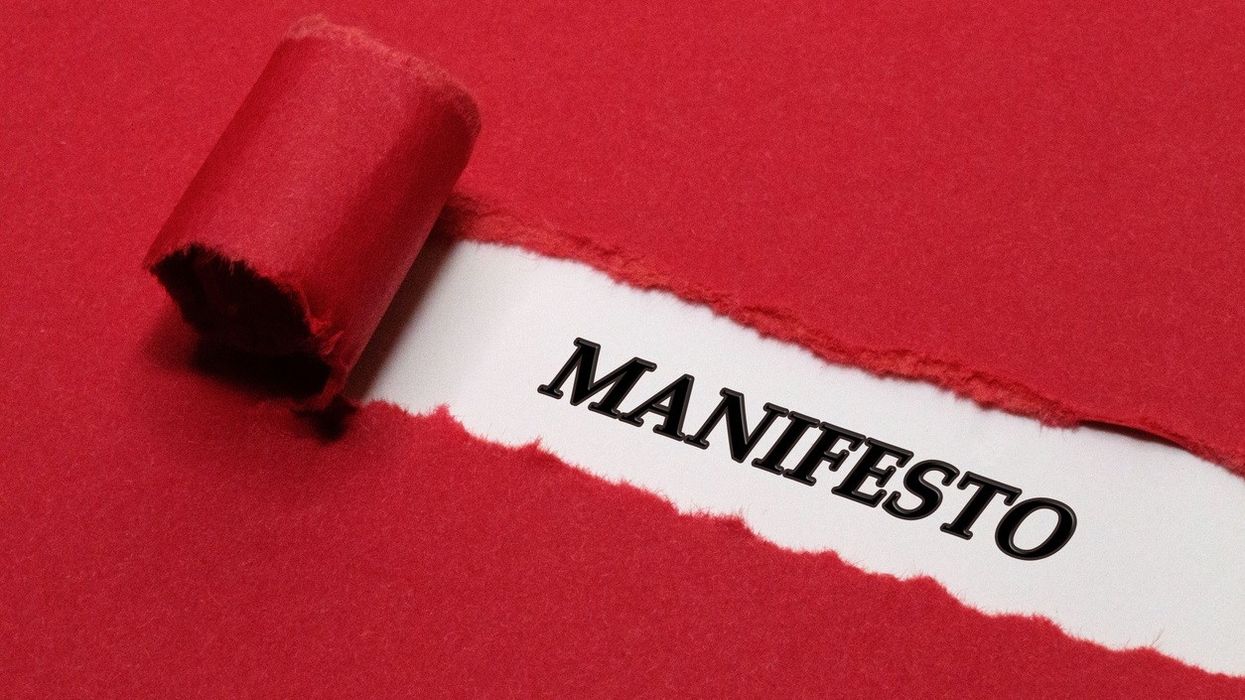Political parties vow to expand the role of community pharmacy, alleviate financial strain, and establish a more sustainable funding model
As the general election campaign heats up, major political parties - including Labour, the Conservatives, the Liberal Democrats - have released their manifestos, detailing their plans and visions for the future of community pharmacy.
While the Conservative Party promises to expand Pharmacy First initiative, Labour pledges support for small businesses, with plans to overhaul the business rates system.
The Liberal Democrats’ election manifesto commits to developing a fairer and more sustainable long-term funding model for pharmacies.
Announcing their plans recently, Prime Minister Rishi Sunak stated that they are investing in community care services to secure the future of the NHS and make healthcare more accessible.
The Conservatives plan to fund these initiatives by cutting NHS managerial positions back to pre-pandemic levels and halving the government's management consultancy expenditure.
Sunak revealed plans for further expanding Pharmacy First service to allow pharmacies to offer treatments for more conditions such as menopause, acne, and chest infections.
“This will free up GP capacity too so people can access a doctor’s appointment faster and easier,” he said.
When fully implemented, the expanded scheme is expected to free up 20 million GP appointments nationwide.
Currently, pharmacists are allowed to provide treatment and prescribe medication for seven specific conditions – sinusitis, sore throat, earache, infected insect bites, impetigo, shingles, and uncomplicated urinary tract infections in women – under this scheme.
The party’s community health service expansion plan also includes the creation of 50 new community diagnostic centres (CDCs) and 100 new GP surgeries, in addition to modernizing 150 existing ones.
Meanwhile, Labour proposes to introduce a series of policies to support small businesses in its election manifesto.
The party’s proposed plans include overhauling the business rates system to enable high street shops to compete with online giants and accelerating the establishment of banking hubs to improve access to high street banking services.
The Liberal Democrats’ plans for the sector also include expanding the Pharmacy First initiative to offer patients more accessible routine services and ease the pressure on GPs.
Additionally, the party promises to extend prescribing rights, provide free NHS prescriptions for individuals with chronic mental health conditions free on the NHS, recruit 8,000 more GPs to ensure that everyone has the right to see a GP within seven days or within 24 hours for urgent needs, and guarantee access to NHS dental care for everyone requiring urgent and emergency care.
As the UK election is scheduled for 4 July, party leaders are vigorously campaigning to garner as many votes as they can.













